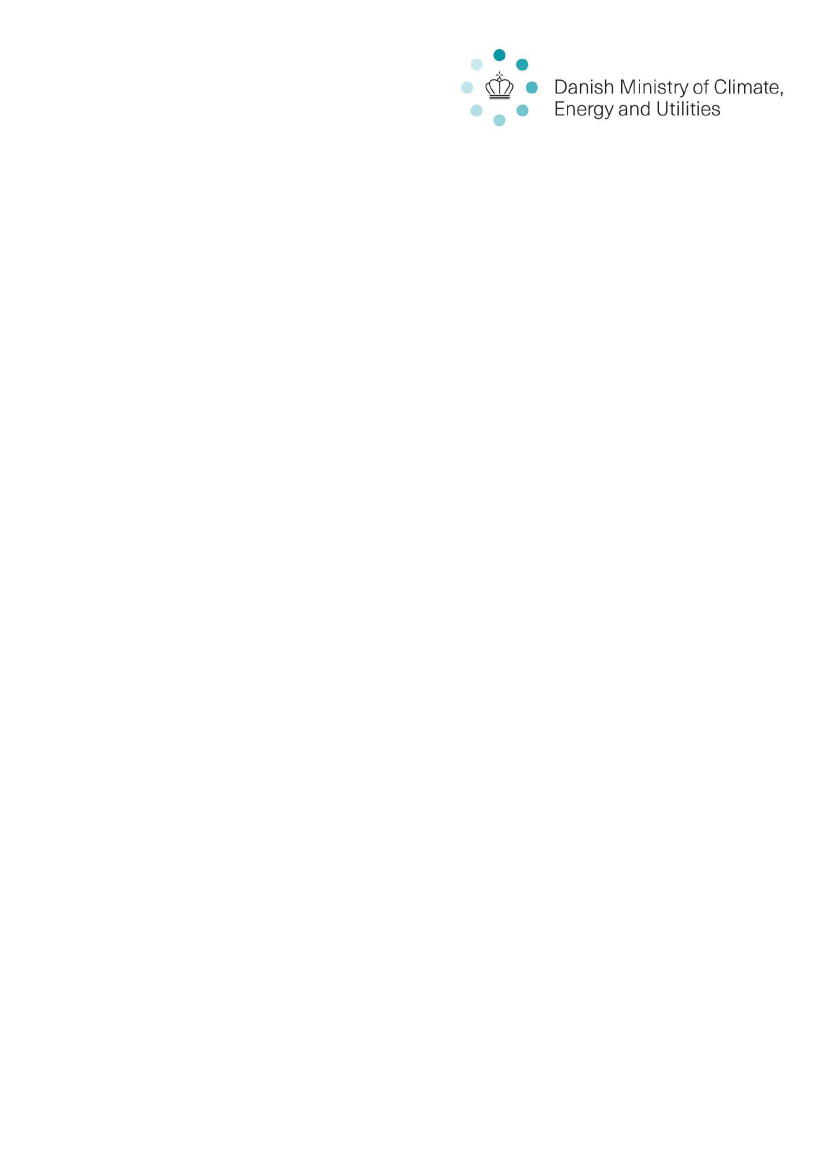
Evaluation of the guidelines on State aid for Environmental protection and
Energy 2014-2020
Date
29. august 2019
The Danish Government welcomes the opportunity to comment on the evaluation
of the Guidelines on State aid for Environmental protection and Energy 2014-2020
(EEAG).
The Danish Government finds that the EEAG has played and continuously plays an
important role, not only in relation to the regulation of the internal market, but also
in relation to fulfil and meet EU’s energy and climate targets and objectives for
2020 and 2030.
The Danish Government has no objections to the proposed extension of the EEAG
to 2022. It is, however, important that the evaluation of the EEAG takes into con-
sideration that more ambitious energy and climate targets for 2030 have been
adopted and that “new elements” have been introduced in the newly adopted sector
legislation implementing the 2030 targets. The Danish Government also finds it
important that the evaluation looks into how the EEAG and the supplementing arti-
cles in the GDPR can be revised in order to make them as future proof as possible
and in order to align them with the
Commission’s vision for a
climate-neutral Eu-
rope in 2050.
The current EEAG
Denmark is of the opinion that the key principle of the EEAG concerning aid for
energy from renewable sources should be maintained, thus establishing that aid as
a main rule only can be granted
in a competitive bidding process on the basis of clear,
transparent and non-discriminatory criteria, unless certain explicitly described circum-
stances are in place, cf. article 126. Technology-neutral bidding processes are future
proof and key in the green transition of the energy sector. The existing option to limit a
bidding process to specific technologies should only be maintained as long as an open
process which includes all technologies would lead to a suboptimal result.
Alignment with the revised Renewable Energy Directive
With the newly revised Renewable Energy Directive (2018/2001/EU) which enters
into force in 2021 the legislation concerning renewable energy has been brought up
to date, and a number of new requirements to renewable energy technologies,
criteria etc. have now been included in the EU legislation. This “modernisation” of
the directive can raise questions whether the EEAG and GBER still are satisfactory
aligned with the rules on renewable energy.
Denmark therefore urges the Commission to align the legislation accordingly. The
Danish Authorities have identified some elements which would be relevant to elab-
Side 1/4